
News writer, Interviewer
Two states. Three weeks. $10 million in prizes.
A Monroe, Georgia resident scratched their way to $2 million on November 24. Days later, someone in Canton, Georgia, won $5 million playing Max The Money. In Pennsylvania, a Robinson Township player hit $3 million on a 3s a Charm ticket.
These aren’t outliers. They’re commonplace.
While Powerball and Mega Millions chase billion-dollar headlines, scratch-off tickets quietly mint millionaires every week. Last week alone, Georgia Lottery players claimed $45.4 million playing scratchers.
The question isn't whether you can win big on instant games. It's whether lotteries can survive without them.
Scratchers keep the lights on
Iowa learned this lesson the hard way. For fiscal year 2024-2025, lottery revenue declined. Powerball sales dropped more than 50%, according to Iowa Lottery CEO Matt Strawn. The reason? Only one jackpot cracked $1 billion. The year before, players chased five megajackpots.
That volatility exposes a truth most state lotteries already know: scratch-offs are the backbone of the business.
More than two-thirds of Iowa's annual revenue flows from instant games. In Pennsylvania, scratchers generated $2.9 billion last year—67% of total traditional sales. Florida saw instant game sales climb 3.3% for FY 2024-25, representing 74% of all ticket sales.
Across the country, scratch games consistently produce 60% to 75% of total lottery revenue. When jackpots fail to reach the billion-dollar range, instant tickets determine whether a lottery posts gains or losses.
Why states are betting harder on scratchers
Iowa's solution to unpredictable jackpots? Make scratchers fresh, fun, and fast.
The lottery recently introduced branded tickets for Pac-Man and Jurassic World. These limited-run themes capture attention without relying on blockbuster jackpots to draw players in. Development cycles have accelerated, too. New games now appear more regularly, moving from concept to retail in six to eight months.
This shift isn't just about variety. It's economics. Printing and logistics costs for instant tickets have climbed, making each release more expensive to distribute. If scratchers are going to remain the lottery's stabilizer, they have to perform.
That's why promotions and special events keep appearing. Last summer, Iowa hosted 1,380 fairgoers at the State Fair to scratch lottery tickets and break a Guinness World Record. The event celebrated the lottery's 40th anniversary, but it also sent a message: scratchers matter more than ever.
The wins that prove the point
The Monroe winner bought their Lucky 7 Tripler ticket at North Monroe Food Mart. The Canton player picked up Max The Money at a Publix on Cumming Highway. The Pennsylvania winner purchased their 3s a Charm ticket at a Sheetz in Robinson Township.
None of these players needed a billion-dollar jackpot to transform their lives. The Monroe winner collected $2 million. The Canton resident selected the lump sum option for $2.6 million. The Pennsylvania player secured $3 million.
Scratch-offs get distributed at random. Lotteries and retailers don't know where winning tickets will land until someone claims a prize. But the frequency of major wins reveals something important: these games pay out, and they pay out often.
Big wins happen at gas stations, convenience stores, and grocery stores every week.
Can you win a scratch-off?
There are no guarantees, but these can improve your chances of winning.
The most important thing to do is to set a budget first. The odds say you'll encounter more losing tickets than winning ones. Decide how much you'll spend daily, weekly, or monthly, and honor that limit. A specific lottery budget protects your finances.
Check the odds before you buy. Most lottery websites publish overall odds and how many top prizes remain unclaimed for each game. Target games where major prizes are still up for grabs.
Higher-priced tickets generally deliver better overall odds of winning any prize. A $10 or $20 ticket typically carries higher average payout percentages than a $1 ticket.
Buy sequentially if you're playing multiple tickets. Winning tickets get distributed in patterns within a batch or roll. Buying consecutive tickets from the same roll may boost your chance of hitting a prize compared to buying random singles.
Enter second-chance drawings. Many state lotteries run promotions where you can enter codes from losing tickets online for another shot at prizes. Don't discard non-winning tickets.
Giant jackpots grab headlines. Scratch tickets keep lotteries moving.
New Jersey's scratch-off games generated $1.8 billion in sales during fiscal 2025. Pennsylvania moved $2.9 billion worth of scratchers. Florida's instant game sales expanded while other categories fluctuated.
The Monroe winner, the Canton winner, and the Pennsylvania winner didn't wait for a billion-dollar jackpot. They scratched, they won, and they became millionaires.
That's the part lotteries can actually control.
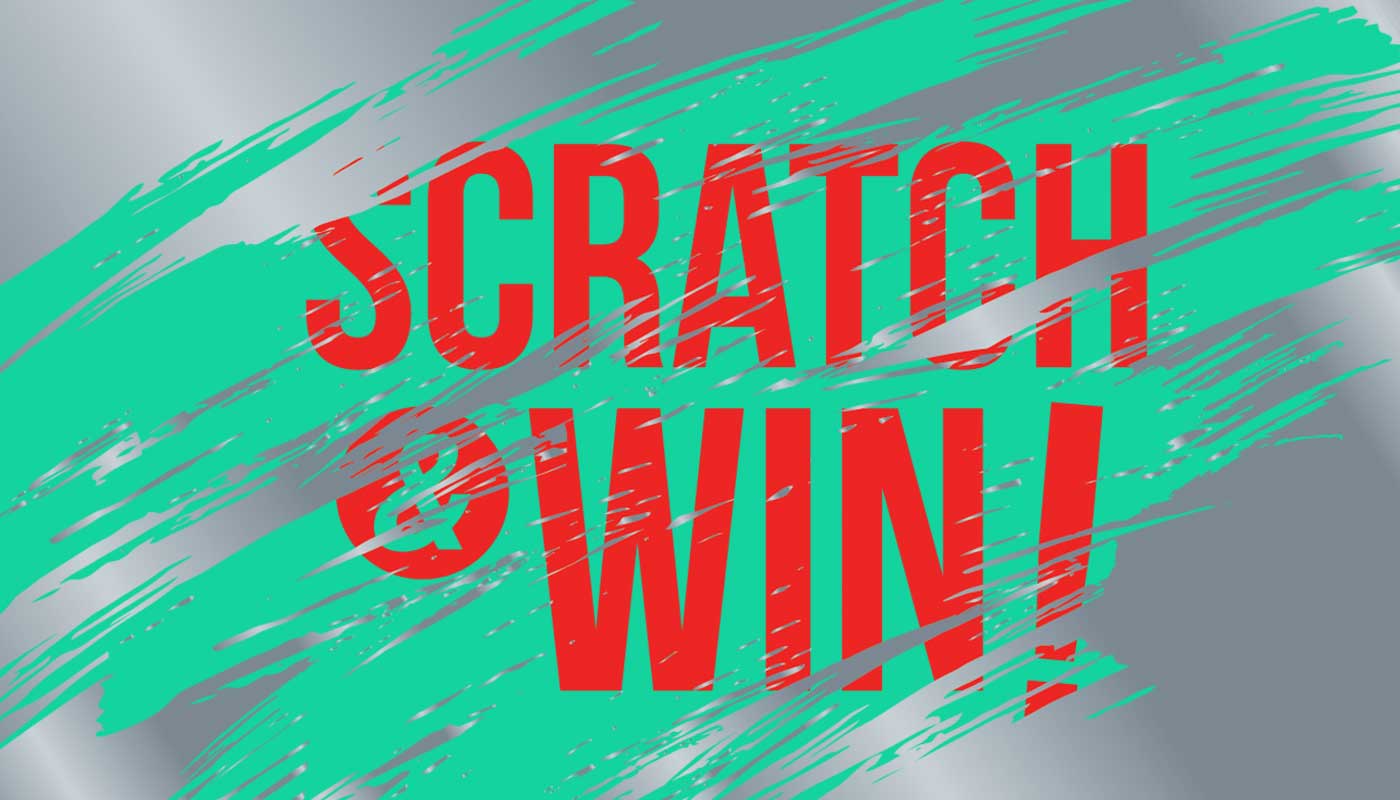
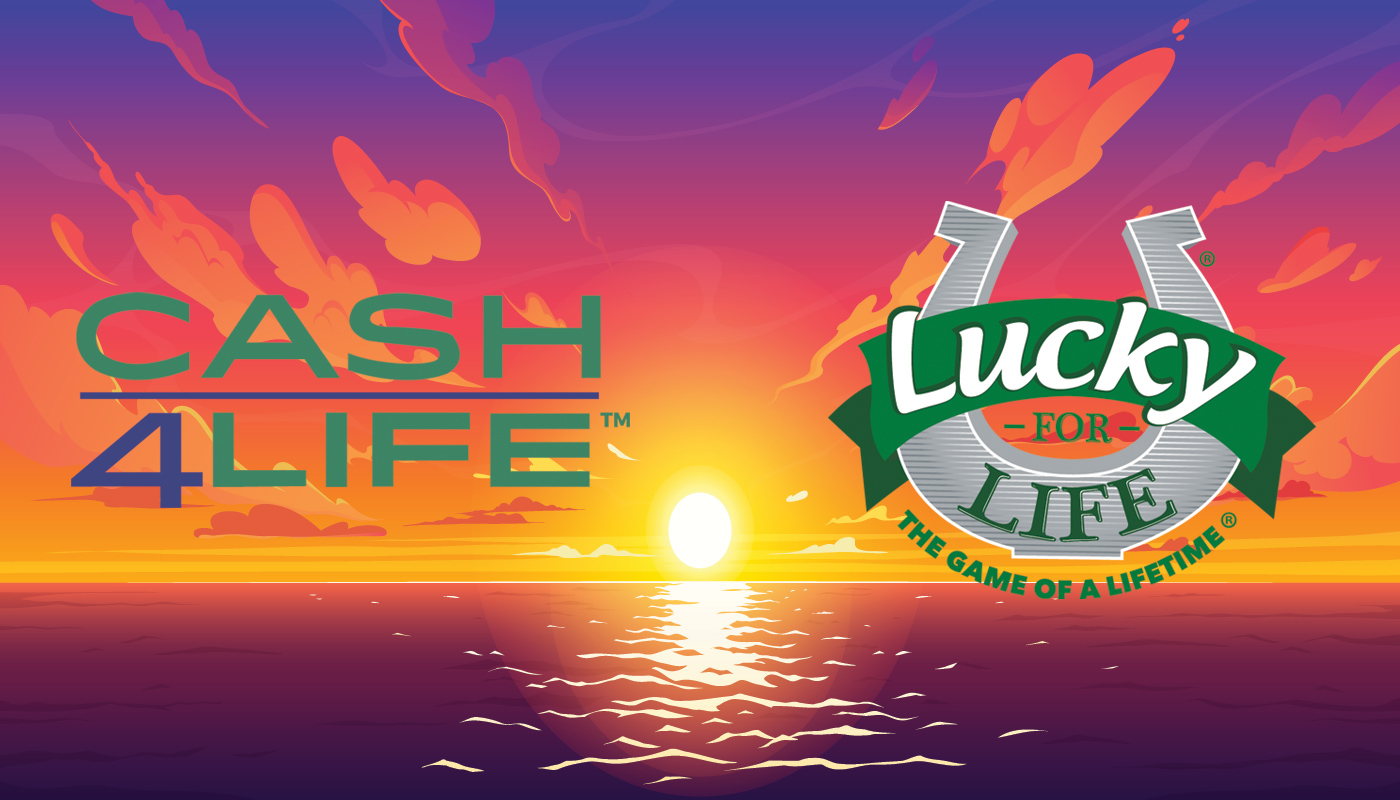
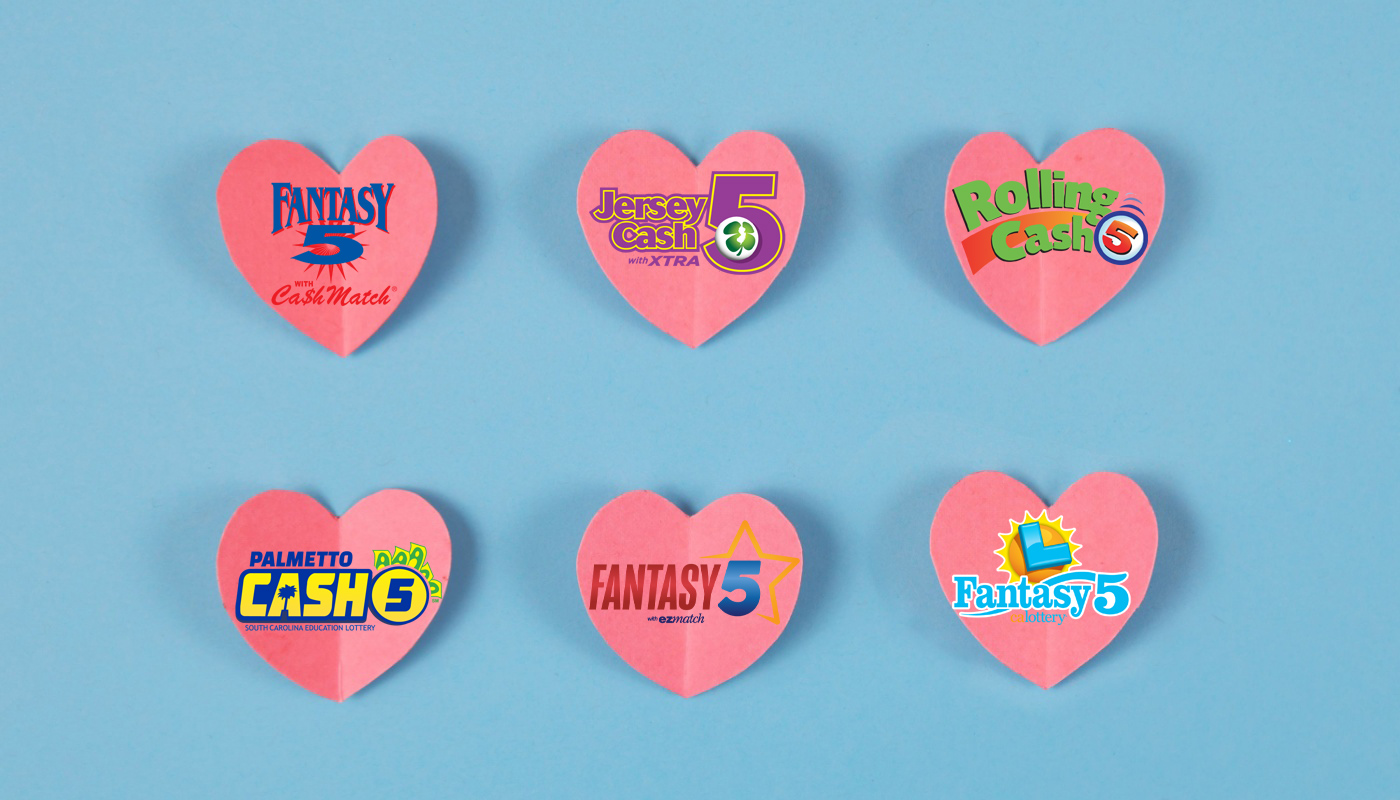

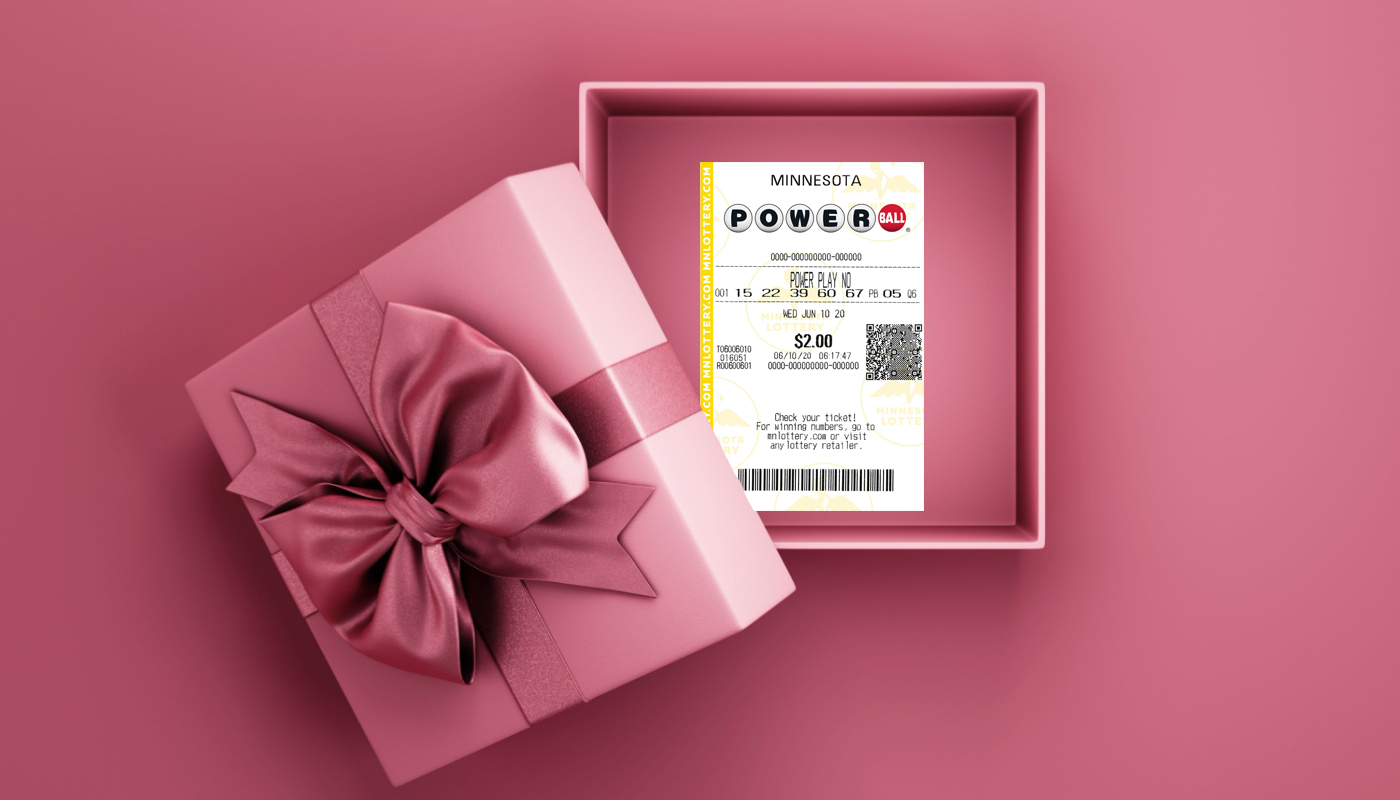




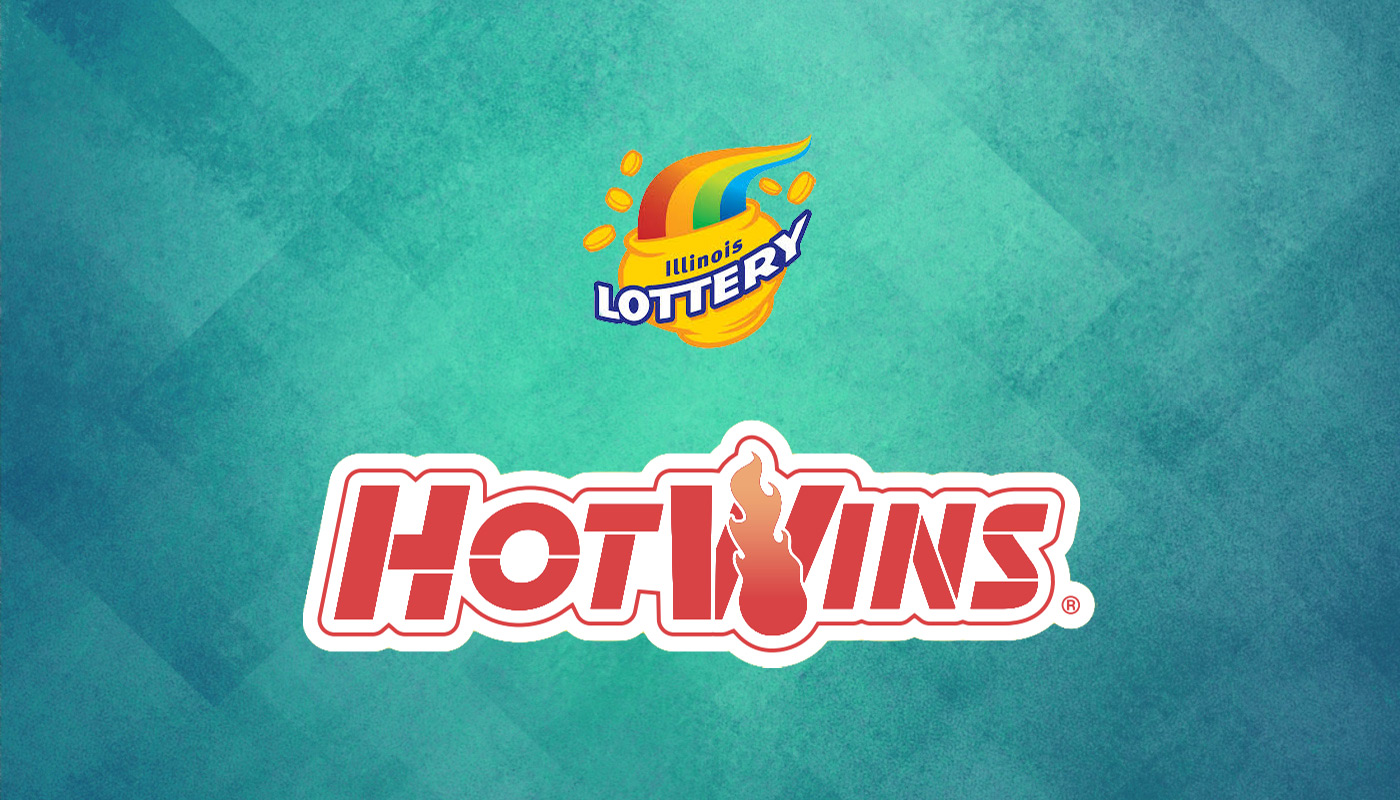

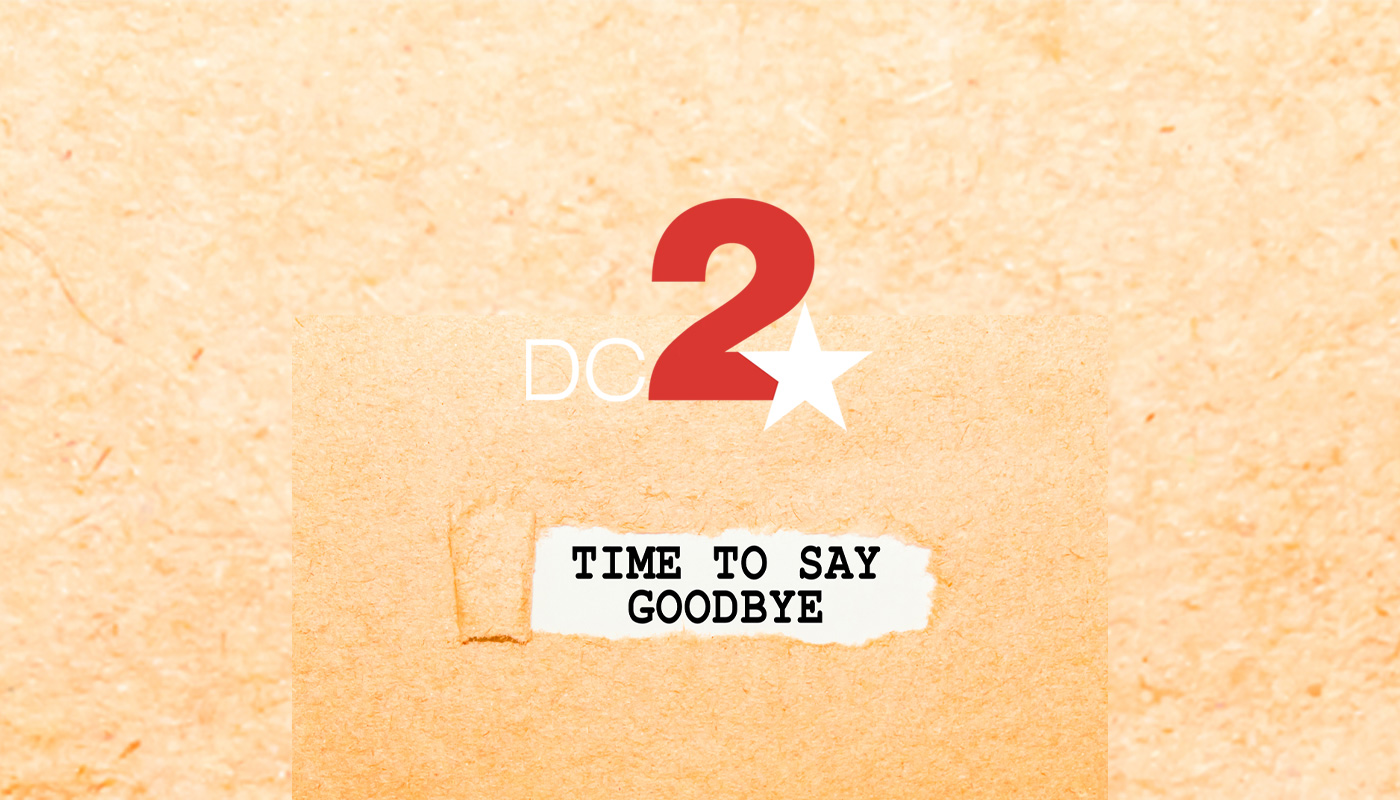









Comments